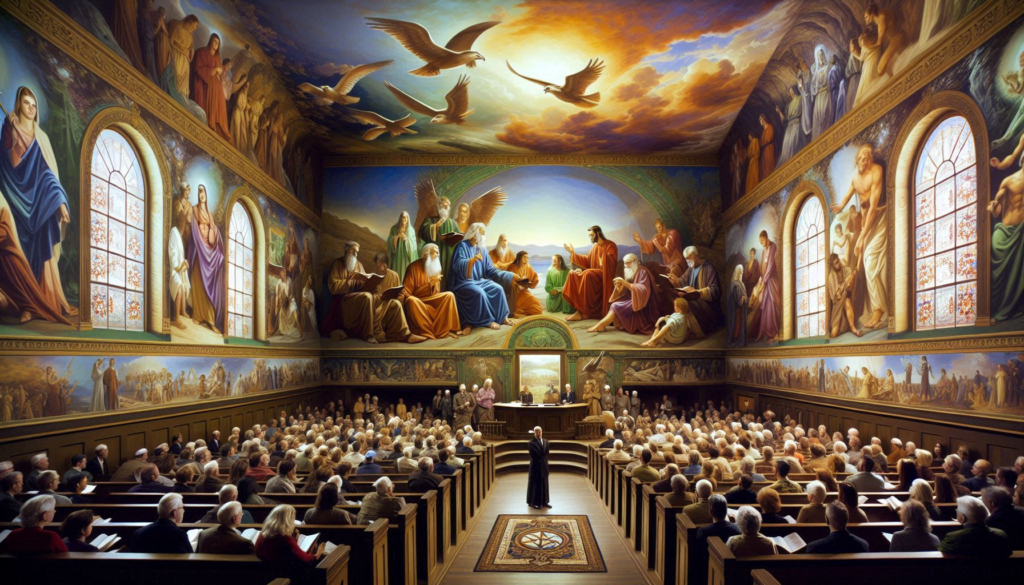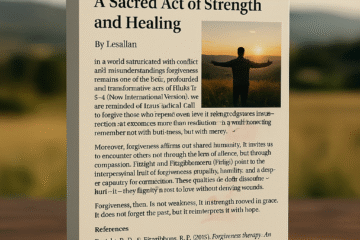Lesallan | May 2, 2025

Bridging Tradition and Modernity: The Enduring Influence of the Ten Commandments in America
In today’s America, the legacy of the Ten Commandments is a fascinating interplay of history, culture, and evolving values. Although the United States is often described as a “Christian nation” because of its deep Judeo-Christian roots, the commandments’ contemporary role is far more symbolic than regulatory. They were once a moral compass, a set of edicts that helped shape early Western legal traditions, but today, they primarily inspire cultural and ethical reflections rather than serve as a direct source of legal authority.
This transformation reflects a broader societal balancing act. On one side, there is a profound respect for the traditions that have historically guided notions of right and wrong. On the other hand, there is a commitment to a secular legal framework that honors the separation of church and state. When we invoke the Ten Commandments in modern debates, it is not a call for legal enforcement but rather an appeal to timeless values—a reminder of our collective moral heritage in an ever-diverse society.
Scholars have long recognized this dual character. Research such as that conducted by Green in 2000 highlights that, while these ancient edicts laid the groundwork for prohibitions against acts like murder, theft, and perjury, their influence today is primarily confined to cultural symbolism. The commands have become part of a broader lexicon of traditional values that continue to enrich public debates on ethics and morality, even though the operative law of our pluralistic society has moved decidedly in a secular direction.
Reflecting on this dynamic, it becomes clear that the Ten Commandments are less about fixed decrees and more about an evolving dialogue between the past and the present. They compel us to recognize that morality is not a stagnant set of rules but a living conversation—one where each generation redefines what it means to be just, compassionate, and free. This ongoing discourse champions reverence for our historical foundations and a progressive vision for the future.
As we navigate the complexities of modern society, the Ten Commandments continue to serve as a cultural touchstone. They remind us that while our legal and governmental systems have rightfully evolved, the ethical debates rooted in our heritage persist, encouraging us to reflect deeply on the nature of justice and integrity. In the quiet interplay between tradition and innovation, these timeless principles invite us to consider what ethical progress truly means in our rapidly changing world.
Blessings,
Lesallan
References:
Green, S. K. (2000). The fount of everything just and right? The Ten Commandments as a source of American law. Journal of Law and Religion, 14(2), 525–558. https://doi.org/10.2307/3556579


